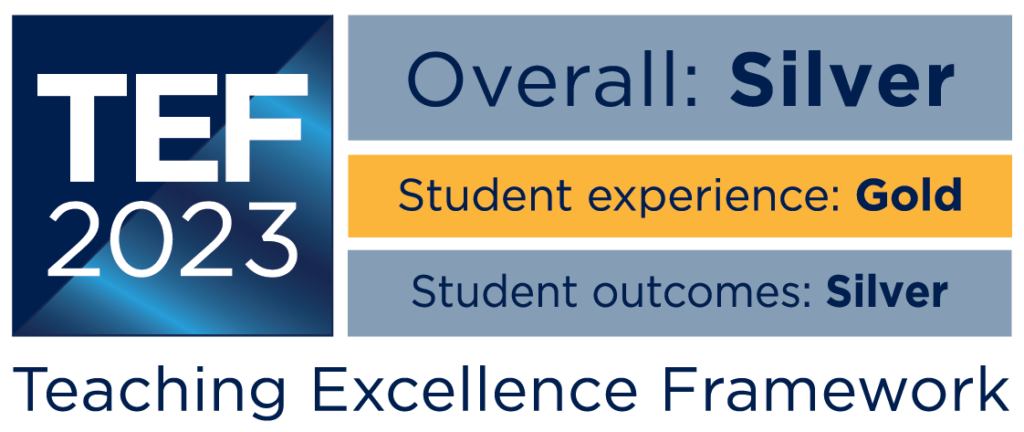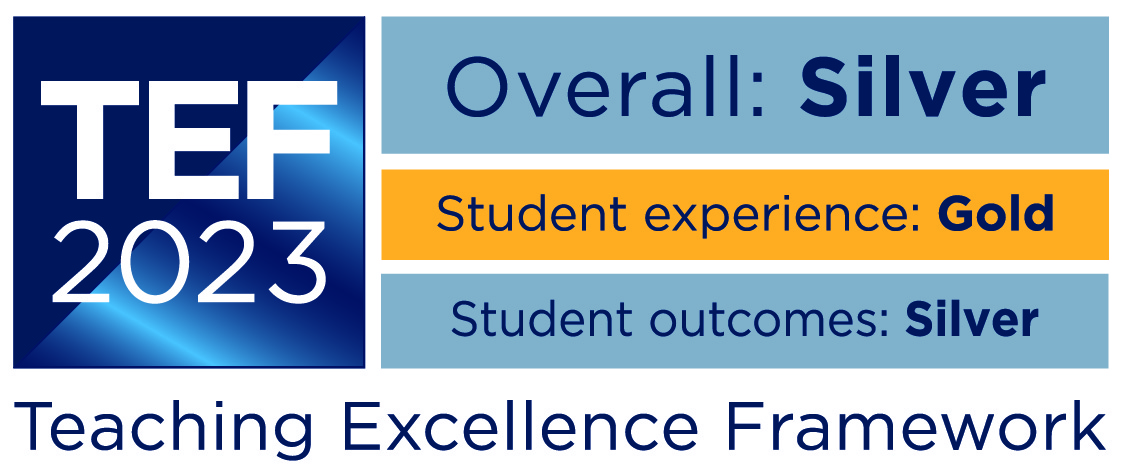This website uses cookies so that we can provide you with the best user experience possible. Cookie information is stored in your browser and performs functions such as recognising you when you return to our website and helping our team to understand which sections of the website you find most interesting and useful. For full details on the cookies used on our website, please visit our Cookies Policy page.
How Futureworks embraced flexible curriculum design and worked closely with the industry to meet the needs of the creative sector and the expectations of students, using an approach that was recognised as excellent by the TEF (Teaching Excellence Framework) panel, who gave us a Silver Award for Teaching Excellence.

Traditionally, young creatives have faced a significant adjustment period, learning new methodologies to adapt to the realities of the industry.
Futureworks has embraced a flexible curriculum design, ensuring that its programmes remain dynamic and aligned with the latest industry trends. This adaptability is fostered by a panel of industry experts who provide ongoing guidance and ensure the curriculum is relevant.
Futureworks’ approach to preparing its graduates for the creative industries was recognised as excellent by the TEF panel, who gave us an overall Silver Award for Teaching Excellence.

Futureworks’ focus on developing and showcasing practical skills, tailored to each individual student, avoids many of the barriers inherent in less flexible assessment methods. This approach works especially well for students with disabilities and specific learning difficulties.
In addition, satisfaction among students is high, as recognised by the National Student Survey (NSS). The TEF panel also found many features of the student experience to be outstanding, including teaching, feedback and assessment practices, course content and delivery, and employer engagement.
While the industry panel members are experts in their respective fields, they may not necessarily have expertise in higher education. As a result, Futureworks found that their time was more effectively used in sharing advice and best practices rather than directly commenting on validation documents.

Although Futureworks prioritises the development of students’ industry skills, cross-disciplinary collaboration remains primarily an extracurricular activity. Students have expressed a strong desire to collaborate on assessed projects across courses, schools, and disciplines.
Moving forward, Futureworks plans to expand the role of its alumni community in further enriching the work of its industry advisory group, opening up even more opportunities for its students.
Read the full TEF Article here


